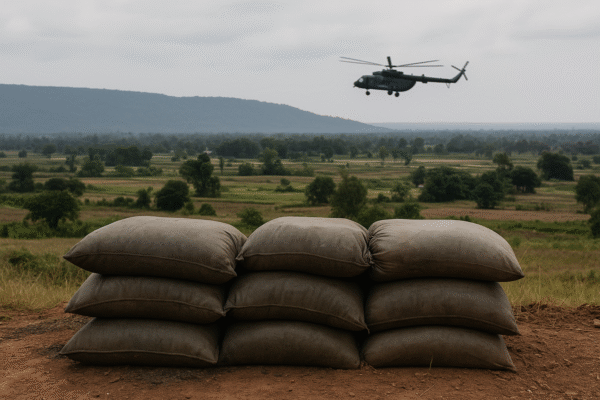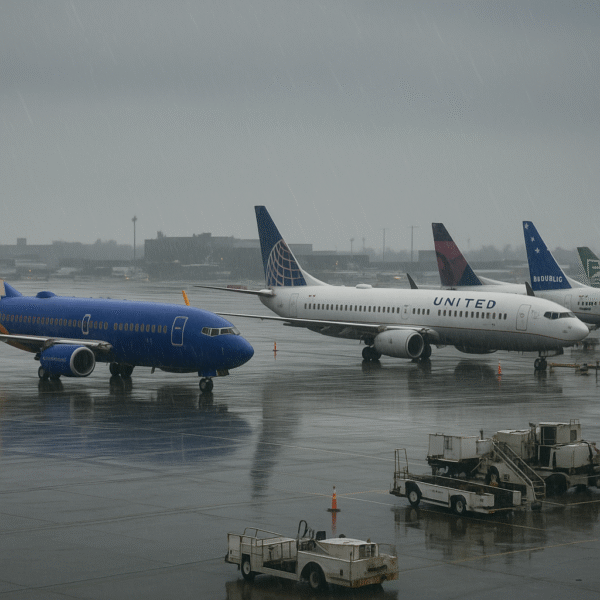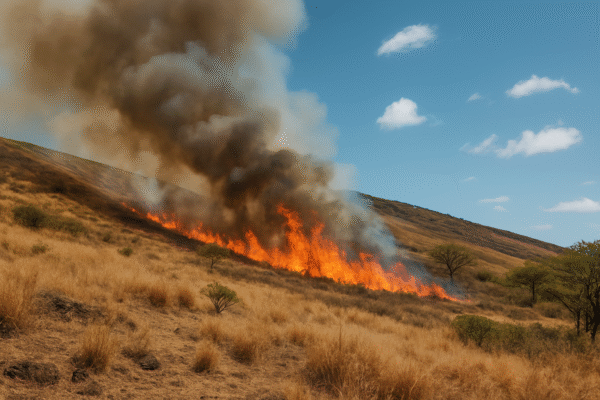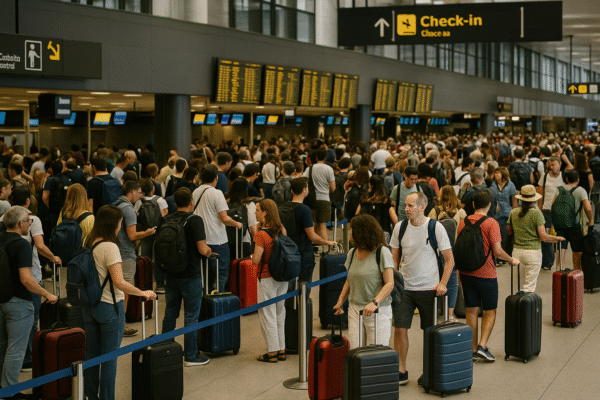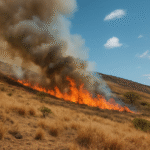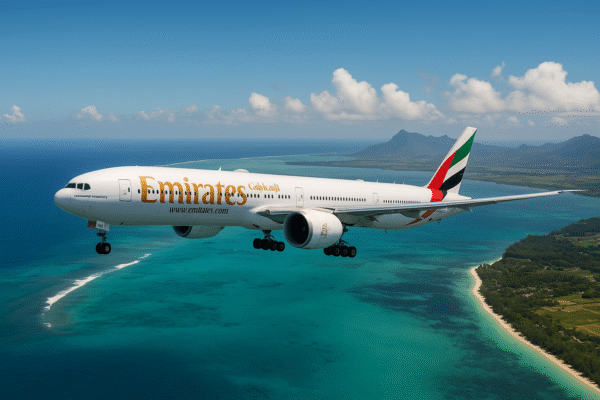A fresh wave of severe weather conditions has brought widespread disruption to air travel across the United States, forcing over 70 flight cancellations and delaying thousands more. Affected carriers include Southwest Airlines, United Airlines, Delta Air Lines, Frontier Airlines, and Republic Airways. Key transportation corridors connecting major hubs—San Francisco, New York, Los Angeles, Chicago, and Denver—have borne the brunt of the chaos.
According to live data from FlightAware, airlines are grappling with intensifying storms, low visibility, and unpredictable weather patterns that have paralyzed operations nationwide. The Federal Aviation Administration (FAA) has issued multiple ground delay programs, with ripple effects spreading from West Coast terminals to East Coast metropolises.
Airline Breakdown: Delays and Cancellations Surge
Southwest Airlines
Leading the cancellations, Southwest has grounded 24 flights and delayed over 1,000 services. West Coast operations were hardest hit, especially routes such as:
- Oakland (KOAK) to Los Angeles (LAX)
- San Jose (KSJC) to Burbank (KBUR)
- Sacramento (SMF) to Orange County (SNA)
Travelers in California faced widespread frustration as regional connectivity was thrown into disarray.
United Airlines
United canceled 17 flights and reported over 460 delays, particularly on high-volume transcontinental and midwestern routes:
- San Francisco (SFO) to New York (JFK)
- Chicago O’Hare (ORD) to San Francisco (SFO)
- Denver (DEN) to JFK
These cancellations have left thousands of passengers stranded at hub airports with limited rebooking availability.
Frontier Airlines
Low-cost carrier Frontier canceled 13 flights and delayed over 100. Popular leisure routes impacted include:
- Denver (DEN) to Orlando (MCO)
- San Francisco (SFO) to Denver (DEN)
- Miami (MIA) to Denver (DEN)
Passengers traveling to and from Florida and the Rocky Mountains reported significant rebooking challenges.
Republic Airways
Operating regional feeder flights for larger carriers, Republic canceled 17 flights and delayed over 220. Routes affected include:
- Myrtle Beach (MYR) to Newark (EWR)
- Boston (BOS) to New York LaGuardia (LGA)
- Detroit (DTW) to Newark (EWR)
As Republic plays a key role in connecting regional airports to East Coast hubs, disruptions created a backlog of missed connections and delays across the Northeast.
Delta Air Lines
Delta reported 6 flight cancellations and 358 delays. Major affected routes included:
- San Francisco (SFO) to Atlanta (ATL)
- Chicago (ORD) to JFK
- Atlanta (ATL) to San Francisco (SFO)
Delta’s cross-country and southern U.S. services were heavily affected by turbulent air and ground weather advisories.
Widespread Route Disruptions Impact Travelers Nationwide
Some of the most severely affected air corridors include:
- San Francisco (KOAK) – Los Angeles (LAX)
- Chicago (ORD) – New York (JFK)
- Denver (DEN) – Chicago (ORD)
- Los Angeles (LAX) – Chicago (ORD)
- New York (JFK) – San Francisco (SFO)
These routes are not only among the busiest in the U.S., but also serve as major connectors for international departures and long-haul services, compounding the cascading impact on global air traffic.
Chaotic Airport Scenes and Passenger Response
Travelers at affected hubs—especially Chicago O’Hare, San Francisco International, Newark Liberty, and Atlanta Hartsfield-Jackson—reported crowded terminals, long queues, and inadequate flight status updates.
Many passengers, particularly those with international connections or multi-city itineraries, scrambled to find alternative transportation. Rental cars, buses, and even Amtrak train services have seen a sudden spike in demand.
Airline and FAA Responses
Airlines have activated emergency rebooking protocols, offered travel waivers, and deployed additional customer service agents to assist affected passengers. However, the sheer volume of cancellations and the persistent nature of the storms have limited their capacity to quickly resolve the backlog.
The FAA, meanwhile, has issued flow control measures at key airports and advised travelers to check airport status updates and their airline apps for real-time notifications.
What’s Next: Weather System Moving East
According to the National Weather Service (NWS), the storm system is continuing its eastward trajectory, meaning ongoing delays and possible cancellations are expected into the evening and next day across the Midwest, Northeast, and Mid-Atlantic.
The FAA recommends travelers flying through or from Boston, Philadelphia, Washington D.C., and Charlotte to remain alert for potential schedule changes, especially for morning and evening flights.
Travel Tips for Passengers
If you’re traveling today or tomorrow:
- Check your flight status frequently
- Use your airline’s app for faster rebooking options
- Avoid arriving at the airport too early if your flight is delayed
- Consider travel insurance or a flexible fare for future bookings
Conclusion
With over 70 flights canceled and thousands delayed, today’s storm-driven disruption serves as a stark reminder of the vulnerability of the U.S. aviation system to extreme weather events. Airlines and passengers alike are urged to stay informed, remain flexible, and prepare for continued turbulence in the days ahead.
As climate-related weather patterns grow more unpredictable, industry analysts are calling for greater investment in weather-resilient airport infrastructure and real-time communication systems to better protect both airlines and the traveling public from future large-scale disruptions.
For more travel news like this, keep reading Global Travel Wire





